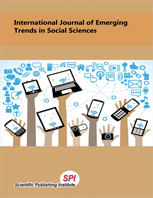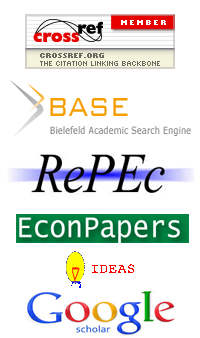Beyond economic growth: How Indonesia’s 2045 vision prioritized reducing income inequality?
DOI:
https://doi.org/10.55217/103.v14i2.653Keywords:
Economic growth, Income inequality, Indonesia 2045 vision, Indonesia, SWOT analysis.Abstract
This study aims to identify critical success factors for reducing income inequality in Indonesia by analysing the country's 2045 vision. This study employs a qualitative research design that utilises secondary data sources. Strength, Weakness, Opportunities and Threats (SWOT) analysis is used as the primary analytical tool to examine the critical success factors that influence Indonesia's economic growth in achieving its 2045 vision. The study reveals that Indonesia faces numerous challenges in reducing income inequality. However, by leveraging its strengths, Indonesia can reduce income inequality and become one of the world's top economies. Furthermore, the study identifies potential opportunities that could contribute to Indonesia's economic growth. The study concludes that Indonesia needs to focus on strength-opportunities (SO) strategies to achieve its 2045 vision and reduce income inequality by taking advantage of its strengths and potential opportunities. The study's findings have practical implications for policymakers and business leaders in Indonesia. The government needs to prioritise country strength to promote economic growth and reduce income inequality. Additionally, the private sector could explore the potential opportunities in the digital and manufacturing transformations to contribute to Indonesia's economic growth.


